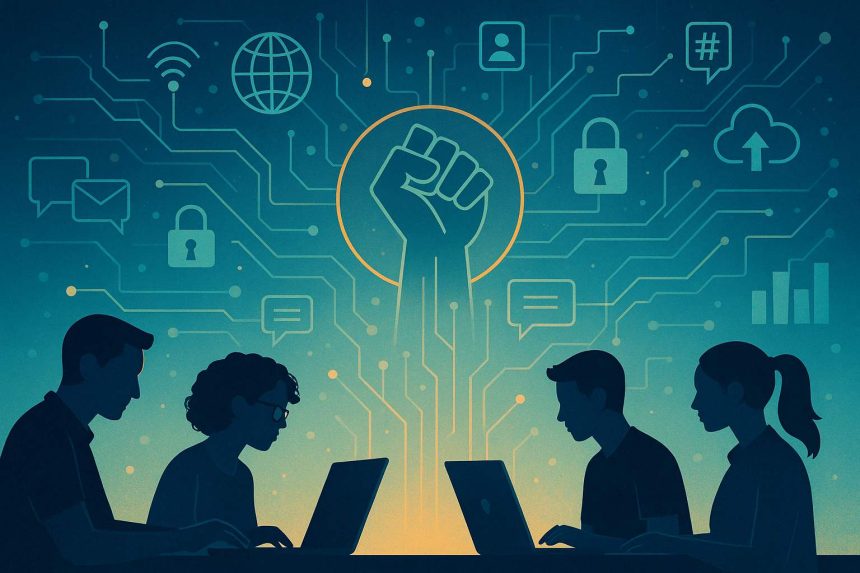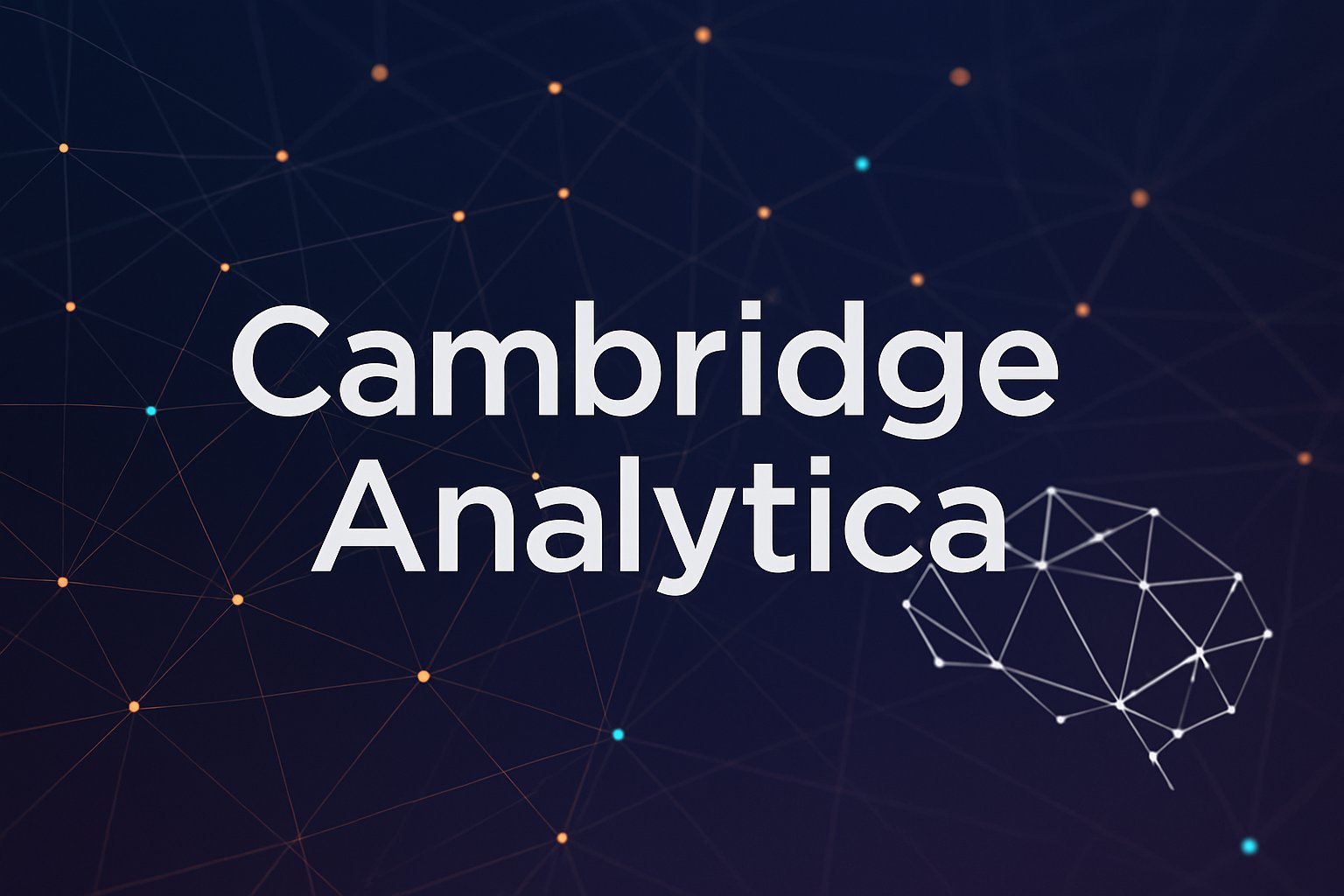The birth of a movement
When the Cambridge Analytica revelations broke in 2018, millions of users realized that the platforms they trusted had turned their personal information into a tool of manipulation.
But instead of retreating, many chose to fight back.
The scandal became a catalyst for digital activism — a global effort to demand transparency, accountability, and ethical technology.
- The birth of a movement
- From passive users to active citizens
- Whistleblowers as heroes
- The new tools of digital resistance
- Hashtag activism and global awareness
- Legal activism and policy change
- The rise of ethical tech
- Education as empowerment
- Challenges and contradictions
- The next frontier: algorithmic transparency
Journalists, whistleblowers, and civil society groups came together to expose the mechanisms of surveillance capitalism.
What began as outrage evolved into organized resistance.
From passive users to active citizens
Before 2018, most Internet users saw themselves as consumers, not participants in a vast data ecosystem.
The scandal transformed that mindset.
People began to see data privacy as a civic issue — a fundamental right connected to democracy itself.
Movements like MyData in Europe and Fight for the Future in the U.S. started advocating for personal data ownership.
Their message was simple: if data is power, then people deserve to share in that power.
Whistleblowers as heroes
Figures like Christopher Wylie and Brittany Kaiser became symbols of courage in the digital age.
By revealing how Cambridge Analytica manipulated Facebook data, they reminded the world that ethical responsibility sometimes means defying corporate loyalty.
Their testimonies sparked global conversations about digital ethics, transparency, and the moral duties of tech workers.
Whistleblowing became an act of public service — not betrayal.
The new tools of digital resistance
Activists began using the very technologies that once enabled surveillance to fight back.
Encryption, decentralized platforms, and open-source software became the backbone of privacy movements.
- Signal and ProtonMail gained popularity for offering secure, private communication.
- Mastodon and other federated networks offered alternatives to centralized social media.
- DuckDuckGo and Brave challenged data-hungry search engines and browsers.
The message was clear: there is always an alternative — and users can choose it.
Hashtag activism and global awareness
The post-Analytica era also gave rise to viral online campaigns demanding reform.
Hashtags like #DeleteFacebook, #OwnYourData, and #PrivacyIsARight united millions of users across platforms.
While not everyone deleted their accounts, the campaigns forced tech companies to respond.
Facebook introduced new privacy dashboards, and Apple built privacy into its marketing identity, signaling a cultural shift toward accountability.
Legal activism and policy change
Grassroots activism soon evolved into policy advocacy.
The General Data Protection Regulation (GDPR) in Europe became a global benchmark for privacy laws, inspiring similar frameworks in Brazil, India, and California.
Organizations like Access Now, Privacy International, and the Electronic Frontier Foundation (EFF) began pushing for more transparent algorithmic governance and user rights.
The movement was no longer reactive — it became strategic.
The rise of ethical tech
A new generation of startups emerged under the banner of “ethical technology.”
These companies rejected surveillance-based business models and focused on user empowerment.
- Nextcloud offers private cloud storage controlled by the user.
- Signal is funded by donations, not advertising.
- Ecosia reinvests profits from search advertising into environmental projects.
These models prove that technology can be profitable without exploiting users.
Education as empowerment
Digital literacy became a central part of modern activism.
Schools, NGOs, and media organizations launched campaigns to teach people how to protect their privacy, recognize misinformation, and understand algorithms.
Knowing how data works is no longer optional — it’s a form of digital survival.
The Cambridge Analytica story made this education urgent and universal.
Challenges and contradictions
Despite progress, digital activism faces major obstacles.
Surveillance technology continues to advance, and corporate lobbying often weakens privacy legislation.
Many users, though aware of the risks, still trade data for convenience.
Moreover, activists themselves rely on social media platforms to reach audiences — creating a paradox where resistance depends on the very systems it seeks to reform.
The next frontier: algorithmic transparency
The next phase of activism focuses on exposing how algorithms make decisions.
Movements like AlgorithmWatch and Data for Black Lives advocate for audits, fairness, and accountability in AI systems.
Activists argue that transparency is not just about knowing how data is collected, but understanding how it’s used to shape reality — from hiring and lending decisions to political targeting.
Takeaway: The Cambridge Analytica scandal was a moment of reckoning — but it also gave birth to hope.
Digital activism has transformed outrage into action, proving that citizens can reclaim control over technology.
The fight for a free and ethical Internet is far from over, but it has never been stronger.







